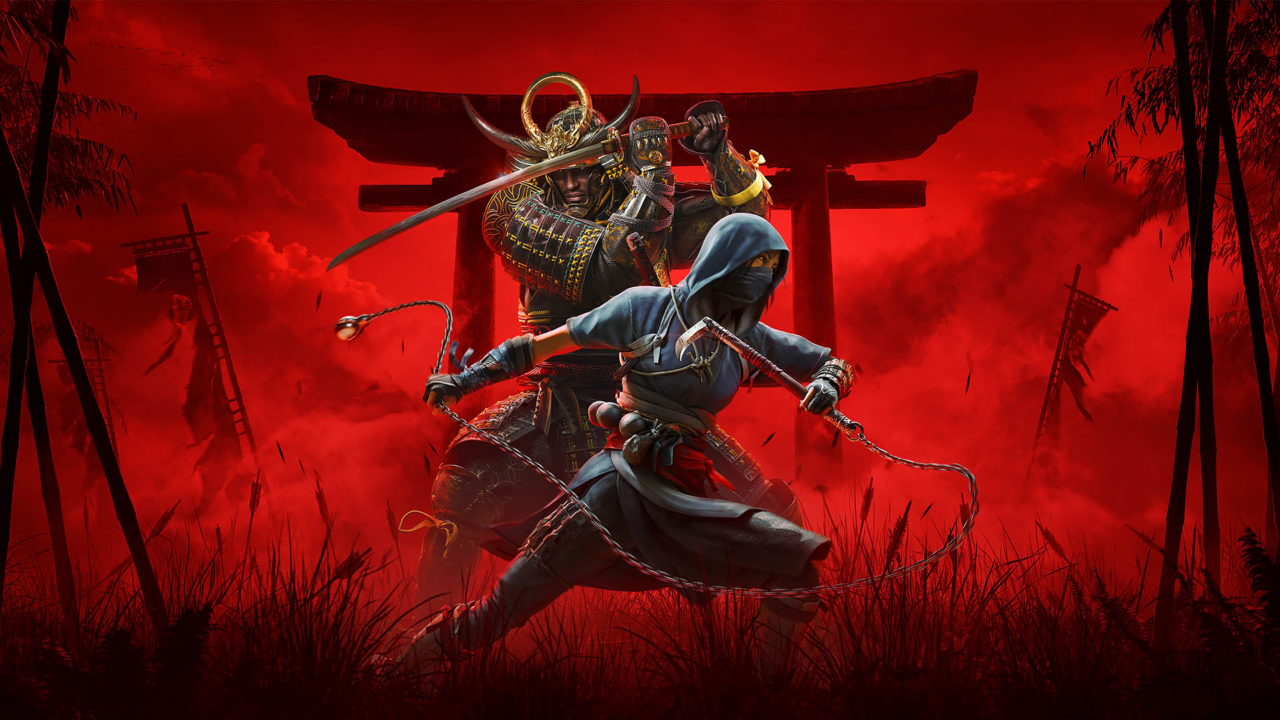From one storm in a teacup to another, Ubisoft will now likely be aware of a petition to cancel Assassin’s Creed’s Shadows before release. 40,000 people have signed so far.
Since Ubisoft unveiled the next entry in the Assassin’s Creed franchise last May, select portions of the gaming community have been gunning for its demise.
Set in the fascinating and volatile era of feudal Japan, Assassin’s Creed Shadows will see players embody African samurai Yusake – whose name appears in real historical records – and Naoe, a fictional female ninja.
Now, as someone who’s long in the tooth with gaming discourse, it was completely expected that a wave of criticism citing forced diversity would rear its head from certain circles. Immediately after its reveal at the Xbox Games Showcase (which banged, by the way), the whinging started on Twitter (X) and Reddit.
In recent weeks, however, the loudest complaints regarding Ubisoft’s upcoming title point to a supposed lack of cultural respect and historical accuracy. A petition calling for the game to be scrapped has amassed 40,000 signatures at the time of writing.
What now?
Details of the petition and criticism
The petition’s author, Shimizu Toru, has included a rant in the description about how Ubisoft has ‘misunderstood the nature and role of samurai’.
He claims that the narrative choices are a ‘a serious insult to Japanese culture and history’ and are racially offensive. ‘We call on Ubisoft to immediately cancel the release of Assassin’s Creed Shadows and show sincere research and respect for Japanese history and culture,’ Toru says.
Having scoured social media and forum sites, I’ve landed on several common gripes with the game and its design choices.
First off, certain folk are seriously annoyed about the supposed exaggeration of describing Yusake as a samurai. Despite records suggesting he was indeed a sword bearer, the official rank of samurai has never been confirmed from the examinations of recovered writings from foreign missionaries.
A person claiming to be a notable historian called Kenji Yamamoto received praise from other disgruntled gamers for calling out Ubisoft and its lack of apparent due diligence.
The “Kenji Yamamoto” running this account pic.twitter.com/PMdBM9750u
— kate bush’s husband (@airbagged) June 17, 2024
In an amusing turn of events, however, internet sleuths seem to have recently uncovered the real owner of the account – hint: it’s not a Japanese historian, nor even a Japanese person. Somewhat ironically, I can’t find any record of this Yamamoto, either.
People also took exception to NPCs bowing at Yusake in the gameplay demo we saw. In Japan, this significant gesture is reserved for respected figures within established social hierarchies and the murky details surrounding Yusake don’t suffice. On that point, fair enough.
Lastly, there are those who say both protagonists should have been Japanese, some of which are jumping the gun by predicting both will likely resonate with Western hero archetypes – focused on individual crusades over honour and duty.
The latter gripe, having no basis beyond a cynical hunch, has clearly spilled over from the Ghost of Tsushima controversy in 2020.




















